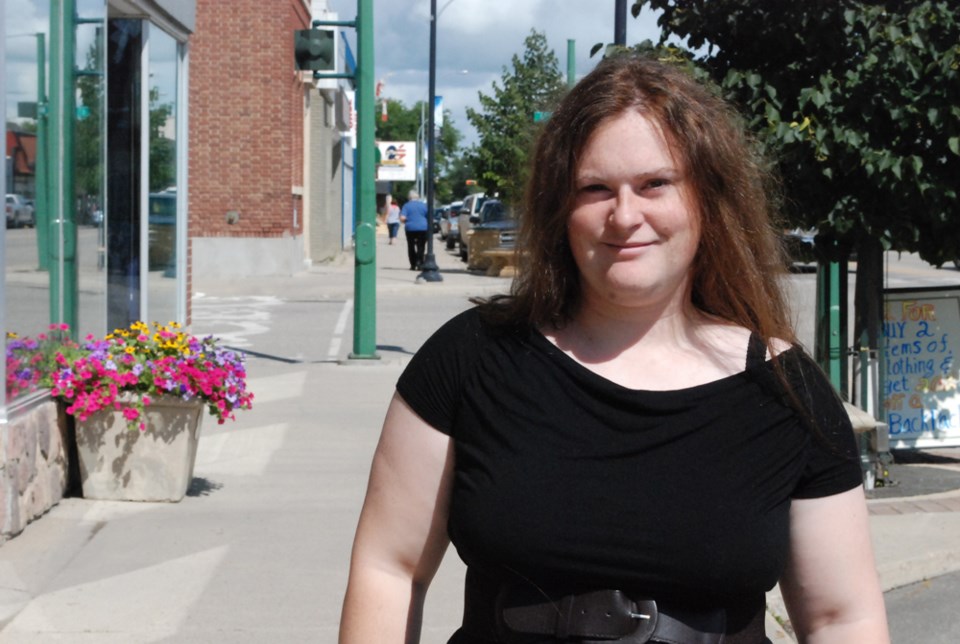I had the pleasure of going to Annaheim to see the Green Thumb production of Still/Falling on Nov. 2 (East Central Trader, Nov. 11).
It was not an easy production to watch. I was amazing by Olivia Hutt’s performance as Nina, a teenager with anxiety who turns to self-harm, i.e. slapping and eventually cutting.
Hutt held nothing back in her performance as the pain on stage was real.
She was a normal teenager and she was in pain.
Even with all the talk of mental illness there are still problems with stigma and rejection of those who have mental illness.
We do not talk about what is going on with mental illness. We hole it up inside as something “normal” people do not have to deal with.
I have heard the shame. I know of the “shame” within my own family.
But there is nothing to be ashamed about.
According to Canadian Mental Health Association, 1 in 5 Canadians experience mental illness within their lifetime.
That means 7 million Canadians. Forty-nine per cent of those who have depression say they did not speak to their doctor about their symptoms.
With some relation to that, “suicide accounts for 24% of all deaths among 15-24 year olds and 16% among 25-44 year olds,” says the Association’s website.
In 2011 according to Statistics Canada, suicide attributed to 20 per cent of deaths of people between the ages of one to 25 and 16 per cent of deaths in people between the ages of 25-44.
Getting help can also make a difference, says the Mental Health Association.
“Once depression is recognized, help can make a difference for 80% of people who are affected, allowing them to get back to their regular activities.”
The only way we can get help is to talk about it.
At the adolescent level, only 1 in 5 kids who need mental health care actually receive it.
We are making strides in the area to make sure kids are receiving this care.
Talking with Horizon School Division Director of Education, Kevin Garinger, there are many ways the school division is helping students with mental health issues.
There are teams available who go in when a child is high risk for drugs and alcohol abuse, after a trauma, and when a student with mental health issues have been identified.
The division even has an ASSIST, Applied Suicide Intervention Skills Training team who are able to go in when the risk to a child has been identified.
However, unless kids are comfortable coming forward, all these programs will be based on adults recognizing the signs of mental health issues.
I applaud the theatre company out of British Columbia, the playwright, the actress, and OSAC for having the play brought into schools. They are starting the dialogue that kids need to hear to understand that they are not alone in what they are going through.
To everyone involved in bringing in the performance, thank you for making sure this conversation does not stay in the shadows.




